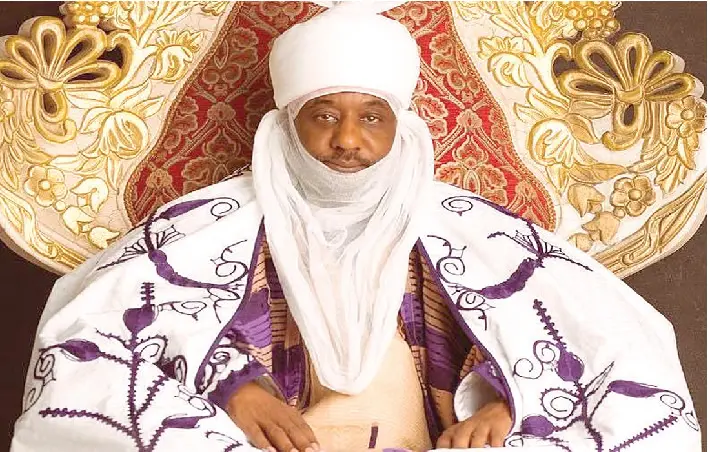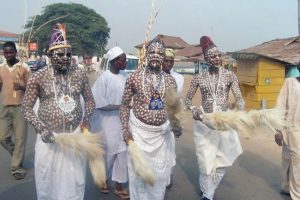
In response to the security ban on traditional Sallah Durbar activities, the 16th Fulani Emir of Kano, Muhammadu Sanusi II, has modified the annual Hawan Nassarwa tradition, opting for a motorcade instead of the usual horse procession to pay Sallah homage to Governor Abba Kabir Yusuf at the Kano Government House.
Departing from the conventional route, Emir Sanusi traveled in a convoy of vehicles to fulfill the longstanding tradition. This adaptation aligns with historical practices before 1940 when Emirs, as heads of the Native Authority (NA), would visit colonial Residents for an annual briefing before returning to their palaces.
Professor Tijjani Naniya, a historian and former Head of the Department of History at Bayero University, Kano, provided insights into the evolution of Hawan Nassarwa. He explained that before 1940, Kano’s outskirts, known as Wajen Kano, had not been developed, and the Emir’s duties were confined to the city. However, as the population grew beyond the city center, the horse-riding procession was introduced to enable Emirs to interact with the people.
While the police ban specifically prohibited horse processions due to security concerns, Emir Sanusi’s decision to use vehicles did not violate the directive. “The restriction was on horse riding through state roads, which could cause disturbances. By reverting to the original 1903 Hawan Nassarwa tradition, there is no violation,” Professor Naniya clarified.
Unlike the usual Hawan Nassarwa, which involves a grand procession across Kano, this year’s event was limited to a simple visit to the Government House. To comply with security measures, the Emir avoided large crowds and reduced his entourage, using only a few cars for the journey.








